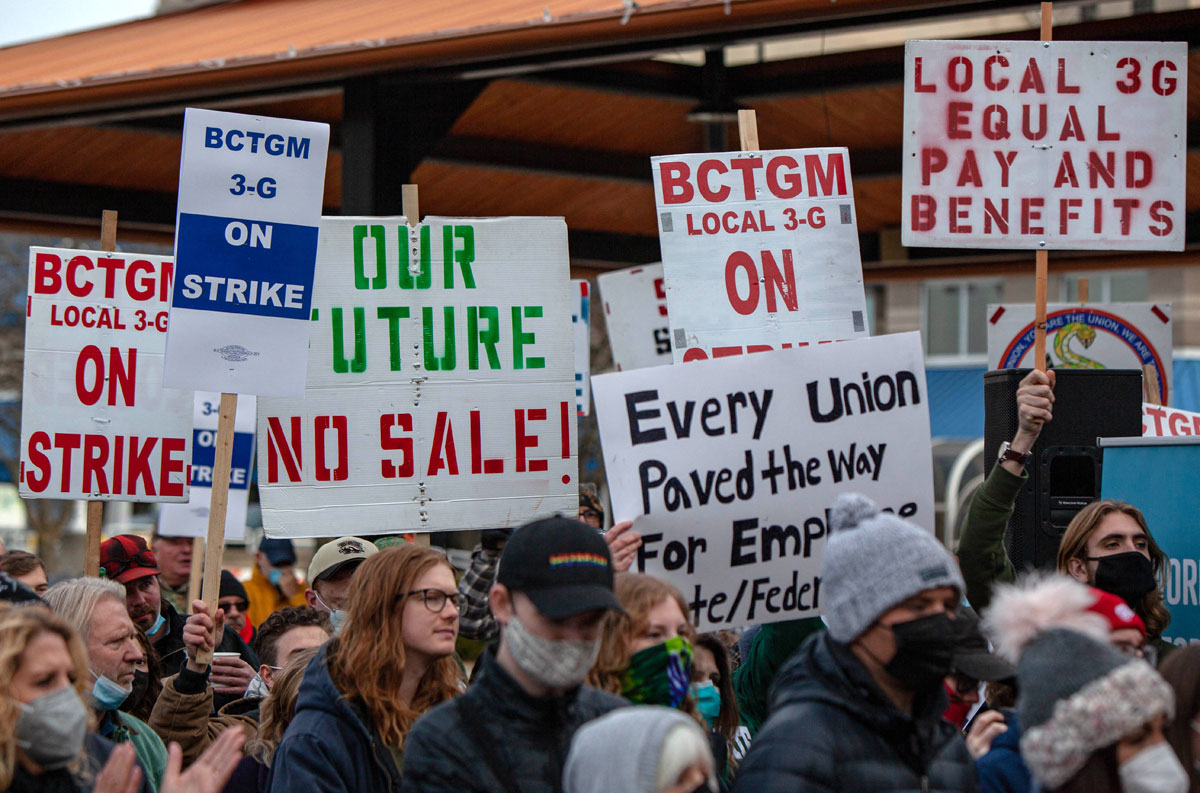
What Happens after the JCPOA?
The talks began accelerating just after Iranian President Ebrahim Raisi’s recent trip to Russia. What exactly happened during this trip is also unknown to us. One scenario is that the U.S. and Russia had come to an agreement over Ukraine and Iran, and during this trip, Vladimir Putin convinced Raisi to accept a deal. The second possibility is exactly the opposite — that recent shifts, as well as events during the president’s trip, have made Iran realize that it cannot count on Russia’s partnership, so a decision was made to change the playing field and bring balance back to the negotiations. Of course, both scenarios would include many more details, which I won’t get into here to avoid taking up your time. But in any case, it is difficult to understand exactly what happened, since few details from both the negotiations and this trip have been released to the public.
With all of this explanation, there are signs that point to the second scenario being more likely. Naturally, the chance of Iran’s success is greater in that case. Specifically, if we assume this scenario to be true, tension between Iran and the West will decrease, but tensions between Russia and the U.S. will increase over Ukraine, since this would mean that the Ukrainian issue has still not been resolved and no deal has been reached over it.
But for a moment, let's leave behind what has already happened, with all of its uncertainties, and look a bit toward the future. If we assume that an agreement will be reached and the U.S. returns to the JCPOA, what happens next? The Iranian economy will definitely be given some room to breathe, and to a degree the financial and revenue issues facing the nation will improve. But the JCPOA also has a paragraph dealing with the end of weapons sanctions against Iran, which is very important and could play a role in future shifts. According to the agreement, weapons sanctions against Iran will end after the fifth year of the JCPOA. Last year was the agreement’s fifth year! So this time, the day after the U.S. returns to the agreement, weapons sanctions should automatically be lifted; my guess is that they will be.
In this case, what would Iran gain through the lifting of weapons sanctions? We all know that the fundamental reason that Iran has developed its missile program and military presence in the region, be it formal or by proxy, is to create a military balance. Due to the harsh sanctions on military goods, we lack the weapons that many of our neighbors possess. In particular, we have an outdated air force; fundamentally, the missile program aimed to fill the vacuum left by our air force. If we can take advantage of the flicker of hope that the JCPOA offers us to ensure our national security by equipping ourselves with the advanced fighters and other weapons that our neighbors possess, that would open a path toward further negotiations on the missile program and even our regional presence.
Hence, I suspect that if the JCPOA is revived and the parties take lessons from the previous agreement to close any path that might lead to its failure, it would open up the possibility for future JCPOA-like agreements. This could be a preface that leads to the lifting of all sanctions (which is Iran’s demand) and negotiations and an agreement on Iran’s missile program and regional presence (which is the West’s demand) in a way that does not harm our national security. We have entered a sensitive stage; should we see what happens?


